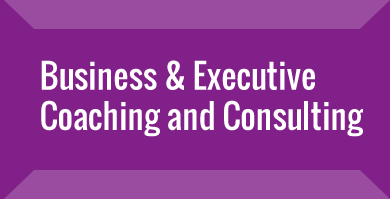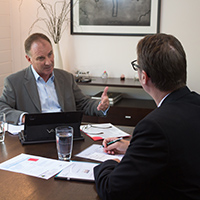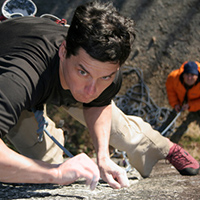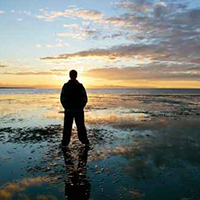Human beings exhibit an astonishing array of strengths and abilities. To become really good or even "gifted" requires that we spend considerable time developing our innate talents, strengths and abilities.
Individuals attain exceptionally high levels of performance because they may have had innate talents in certain areas as children and they worked very hard for several years to attain mastery. The main point is that hard work, not just natural abilities or high IQ, often determine a person's ultimate success and level of expertise in a particular domain.
The real question is: where do we start?
To answer that question, you first need to assess where you are today. You may do this by using a tool to assess your multiple intelligences.
In addition to expanding your natural strengths and abilities, all 21st-century professionals should add these four essential creative skills to their repertoire:
1. improvisation (make effective real-time decisions in new and complex situations),
2. design thinking (envision and construct),
3. experimentation (design a process that yields sufficient information) and
4. aesthetic awareness (discriminate between various sensory inputs, recognize the feelings and thoughts invoked).
Failure's inevitability could be a good thing?
Unpredictability makes life and work interesting by adding an element of suspense and raising the stakes, which in turn drives engagement and enables meaning. It allows discovery, surprises and novel solutions to emerge.
Under the right circumstances for learning, the experience of failure sparks new rounds of problem solving, unleashing innovation and creativity. People think more deeply when wrestling to explain failed results than when accounting for their successes.
New efforts fail for many reasons. Some are smart failures that end up saving resources or delivering better solutions. These are the failures we seek to enable. Others are the product of random unpredictable forces. These failures need to be tolerated and managed. Unfortunately, some failures are just plain dumb. Such failures need to be avoided. If they do occur, you need to call them out, or run the risk of encouraging poor performance.
Further, based on David Kolb’s adult learning cycle (Experience – Reflect – Insights – Experiment) reflectionallows us to develop with new ways of doing and behaving.
A Reflection Journal allows you to review both positive activities and negative ones and if you keep doing this daily whenever possible, you will likely find some trends emerging which will be useful to discuss in coaching environment and may provide significant insights for you.
Also, if you do this regularly at the end of each day it should help you ‘switch off work’ before getting home. It can provide the “Third Space” for you.
In the book, "FAIL BETTER: Design Smart Mistakes and Succeed Sooner," Anjali Sastry and Kara Penn argue that the right kind of failure: small-scale, reversible, informative, linked to broader goals, and designed to illuminate key issues - paves the way to success. They have developed the "fail better" approach which creates the conditions, culture and habits to systematically, ruthlessly and quickly figure out what works.
Applicable to teams, business owners and entrepreneurs, executives and managers - FAIL BETTER shows how to benefit from failure to launch better businesses, develop new products or even change the world.
Reference: Anjali Sastry: “Fail Better: Design Smart Mistakes and Succeed Sooner”



























